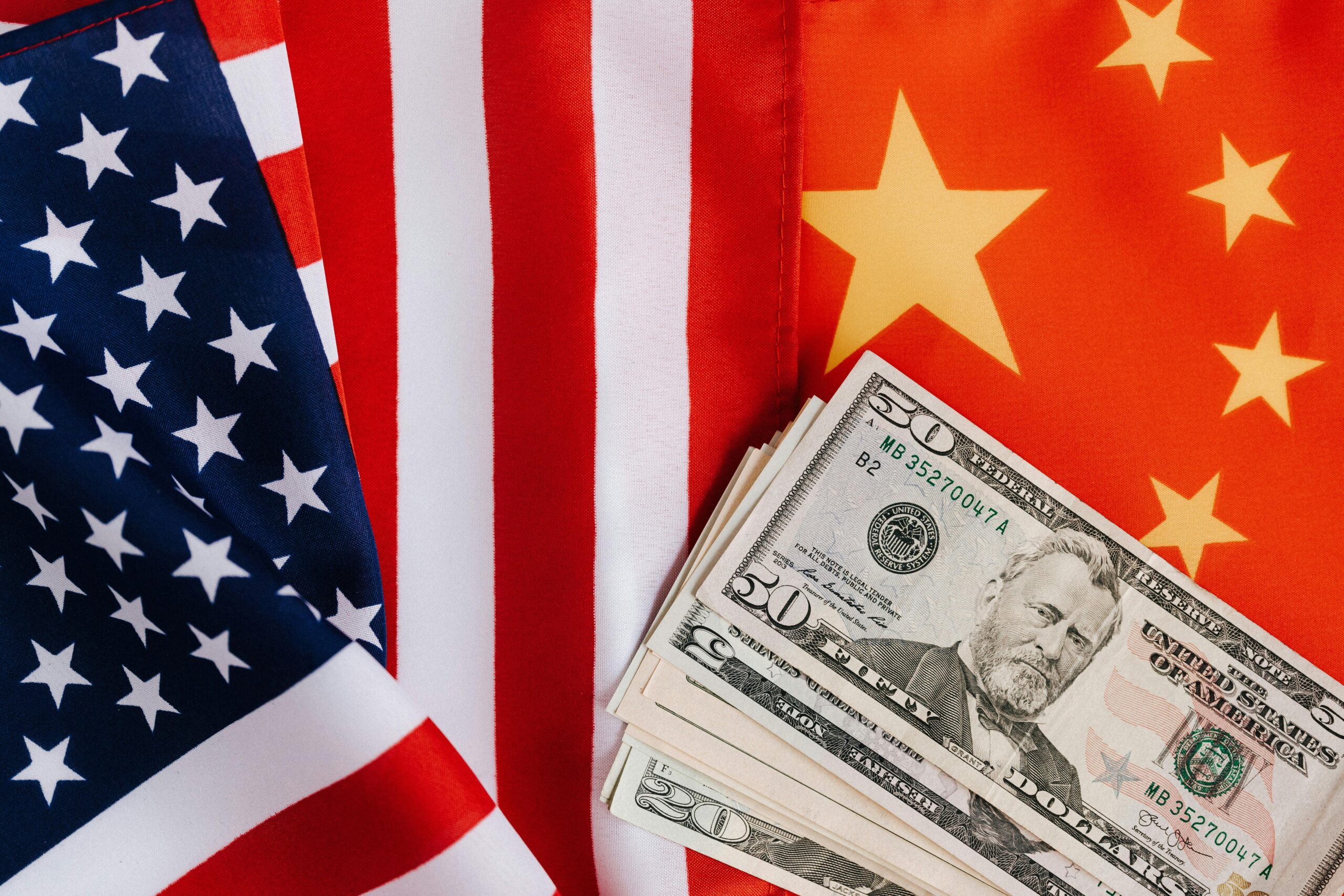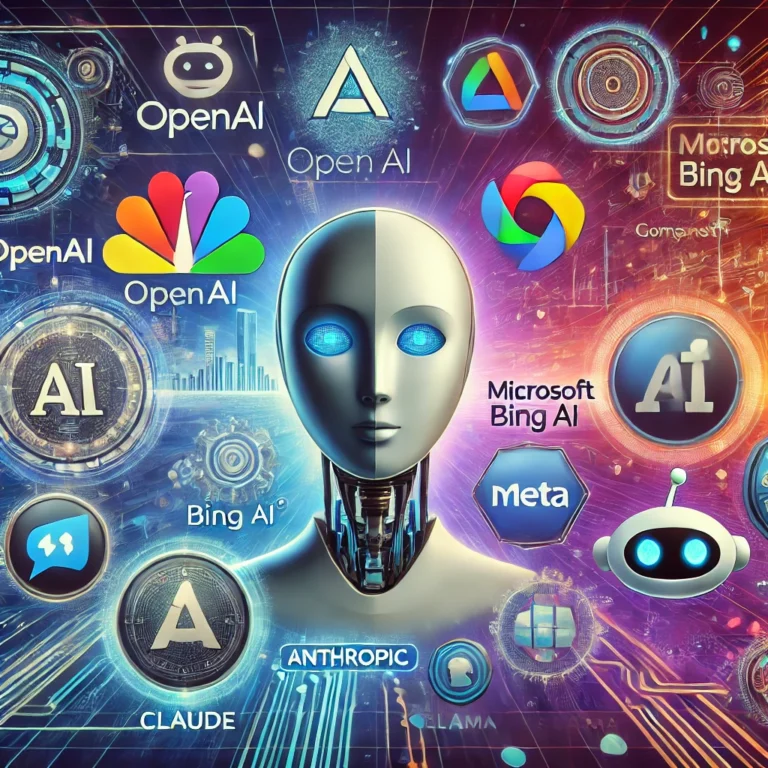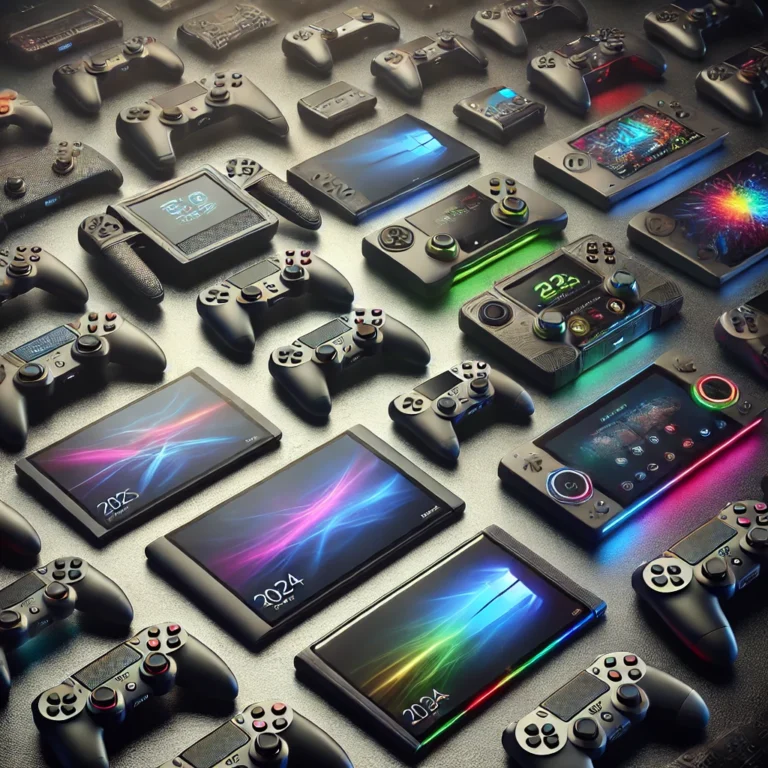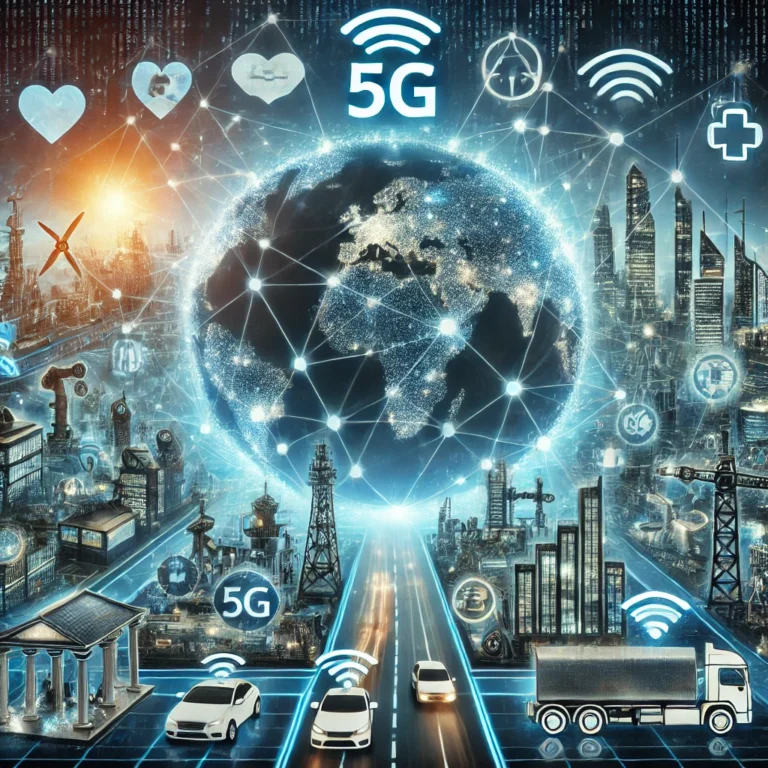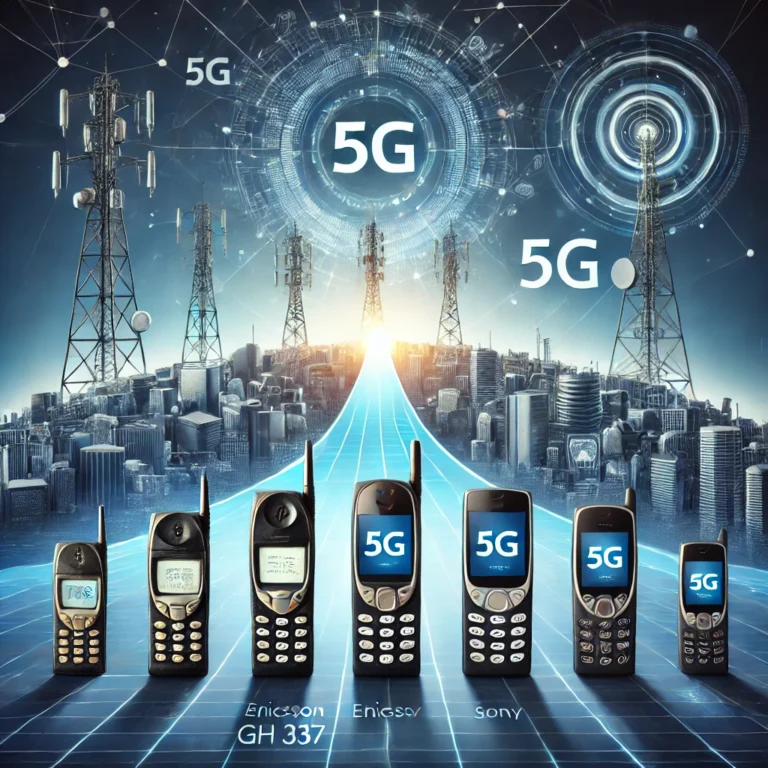Impact Of US-China Tech War ON the Giant Huawei Technologies
The US-China Tech War and the Role of Huawei
The US-China trade and technology war has evolved into a significant geopolitical struggle with global consequences, particularly in the tech sector. Huawei, the Chinese telecommunications giant, has been at the center of this conflict. In 2019, the U.S. government blacklisted Huawei, accusing it of posing security risks due to its ties with the Chinese government. The ban limited Huawei’s access to critical technologies, including semiconductors and software from U.S. companies like Google and Qualcomm, effectively cutting the company off from much of the global supply chain.
The tension between the U.S. and Huawei began when the company’s 5G technology gained dominance globally. As a leader in 5G infrastructure, Huawei became a major threat to U.S. telecom companies and Western nations, which feared China’s potential to use Huawei’s technology for espionage or geopolitical leverage. This led to bans and restrictions on Huawei’s 5G equipment in several Western countries, including the UK and Australia.
Impact on Huawei
Huawei has faced enormous challenges due to the U.S. sanctions. The company lost access to Android’s full suite of services, forcing it to develop its own operating system, HarmonyOS. Additionally, Huawei had to invest heavily in in-house chip design, as it could no longer procure chips from leading U.S. suppliers like Qualcomm or Intel.
Despite these challenges, Huawei has managed to adapt, shifting its focus to the Chinese domestic market and investing in alternative technologies like cloud computing, artificial intelligence, and solar energy. Huawei’s consumer business, particularly its smartphone division, was severely impacted, but its leadership in 5G infrastructure remains strong, especially in markets outside the U.S. and Europe, including Asia, Africa, and Latin America.
Broader Implications for the Global Tech Industry
The U.S.-China tech war, symbolized by the clash over Huawei, has broader implications for the global tech industry. As the world becomes increasingly interconnected through technologies like 5G, artificial intelligence, and the Internet of Things (IoT), control over these technologies is seen as essential for both national security and economic dominance.
Huawei’s restrictions have prompted China to focus on developing a self-reliant tech ecosystem, reducing its dependency on Western technology. In response to the U.S. ban, China has accelerated its efforts to develop semiconductors, network infrastructure, and software that can compete with U.S. technologies.
Moreover, other Chinese tech companies, including ZTE, Alibaba, and Tencent, are also being scrutinized and subjected to sanctions, as the U.S. aims to curb China’s influence in the global tech market. This rivalry is causing a fragmentation of the global supply chain, as countries are being forced to choose between U.S. and Chinese technology ecosystems.
The Future of Huawei and U.S.-China Relations
The U.S.-China tech war shows no signs of abating, and Huawei remains at the forefront of this struggle. The future of Huawei will largely depend on its ability to innovate and reduce its reliance on U.S. technology. With a strong foothold in the 5G market and increasing investments in next-gen technologies like quantum computing and cloud services, Huawei may be able to weather the storm.
However, the tech war has reshaped the global technology landscape. As the two superpowers continue to battle for dominance, the outcome will determine not only the future of Huawei but also the future direction of global technology standards and governance.
The U.S.-China conflict, driven by concerns over cybersecurity, intellectual property, and economic competition, has turned Huawei into a symbol of the broader struggle for global tech supremacy. While Huawei has faced severe setbacks in recent years, its ability to adapt, innovate, and tap into non-Western markets suggests that it will continue to play a major role in the global technology industry.
